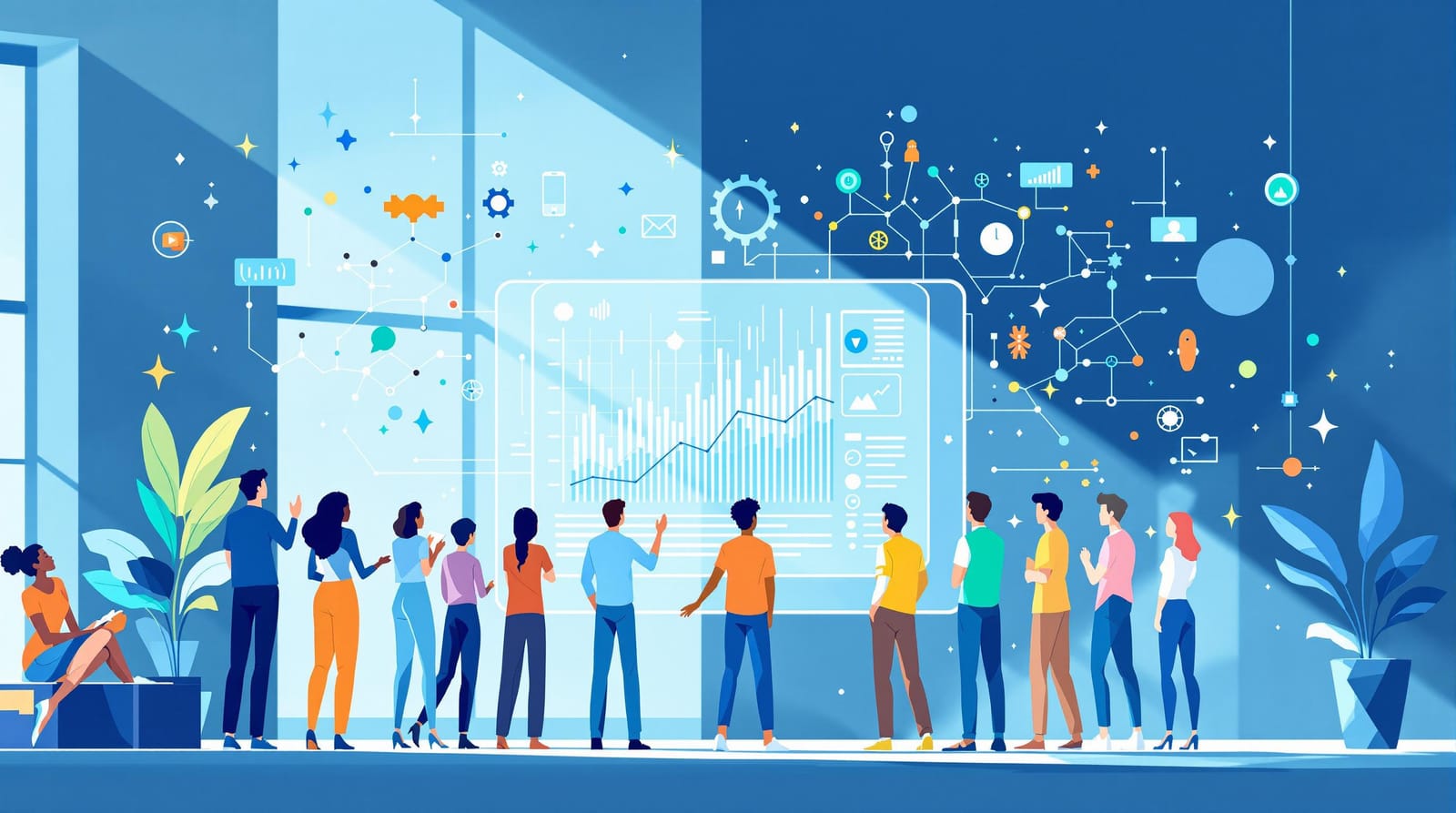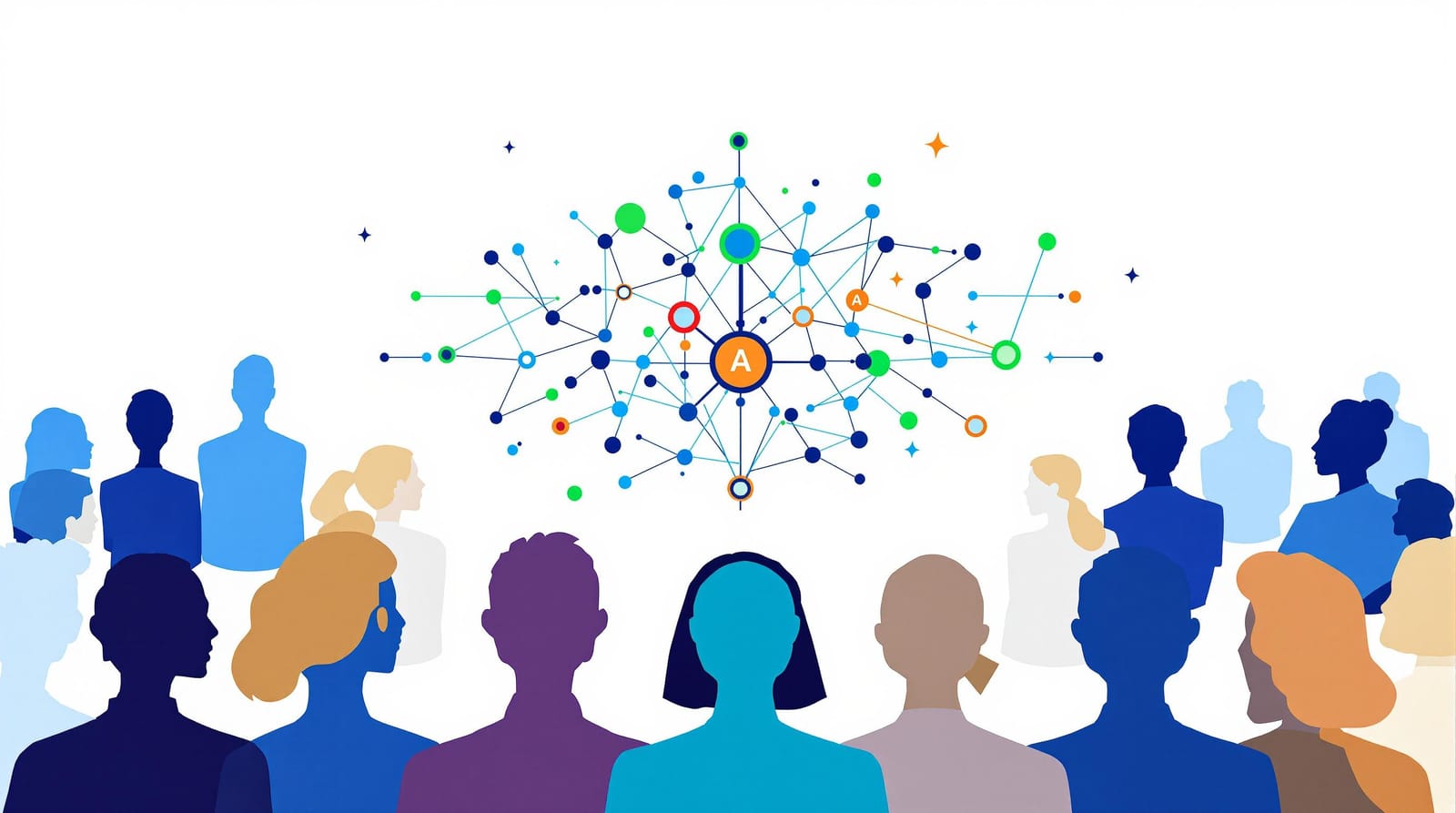Introduction
The world is witnessing an AI revolution—a transformative wave reshaping how we live, work, and interact. From the devices we use every day to the largest industries, artificial intelligence is making its mark, promising both opportunities and challenges. In this overview, we'll dive into how AI has evolved, its current impact, and what the future holds as we continue to navigate this technological revolution.
For those who are new to AI, check out our post on Getting Started with AI to gain a foundational understanding before diving into more advanced topics.
1. The Rise of Artificial Intelligence
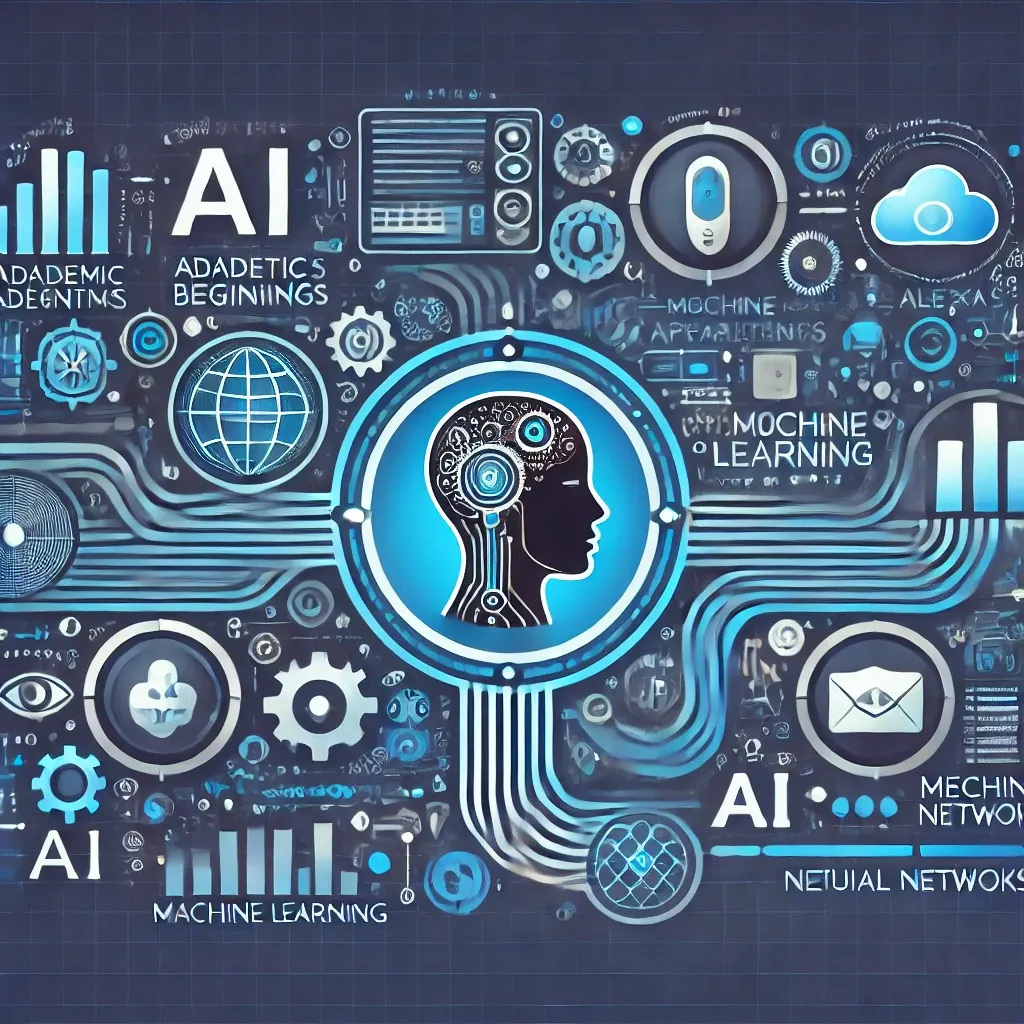
AI began as an academic concept, but today, it's a reality integrated into our daily lives. From voice assistants like Siri and Alexa to complex data analytics driving business decisions, AI has evolved from science fiction into science fact. Over the last decade, advancements in machine learning and deep learning have propelled AI into a mainstream technology that touches almost every sector.
Key contributors to the rise of AI include:
- Massive data availability: The exponential growth of data has provided AI with the information it needs to learn. For a deeper dive into data and its relationship with AI, visit Introduction to Machine Learning.
- Improved computational power: Advanced GPUs and cloud computing have made it possible to train complex AI models efficiently.
- Breakthrough algorithms: Neural networks and new learning methods have significantly improved AI capabilities.
For more detailed information on the algorithms behind AI, refer to our post on Building Your First Machine Learning Model.
2. The Impact of AI Across Industries
The AI revolution is not limited to tech companies. It’s impacting nearly every industry, driving innovation and efficiencies. Let's explore a few key sectors:
- Healthcare: AI is transforming healthcare by enhancing diagnostic accuracy and enabling personalized treatment plans. AI-powered imaging tools can now detect diseases like cancer earlier than human doctors in some cases. Learn more about AI's impact on healthcare from Healthcare IT News.
- Finance: AI is being used to predict market trends, automate trading, and manage risks. Financial institutions are also using AI to detect fraudulent transactions and improve customer service with AI-driven chatbots.
- Manufacturing: In factories, robots and AI systems are optimizing production processes, reducing errors, and enabling predictive maintenance to minimize downtime.
- Transportation: Autonomous vehicles are perhaps the most well-known example of AI's impact. Companies like Tesla and Waymo are leveraging AI to create cars that can drive themselves, reducing the risk of human error and improving traffic efficiency. For more on autonomous driving, check out Waymo's official page.
For those interested in the technical side of how AI drives these changes, explore our Machine Learning Series to understand the technology behind these applications.
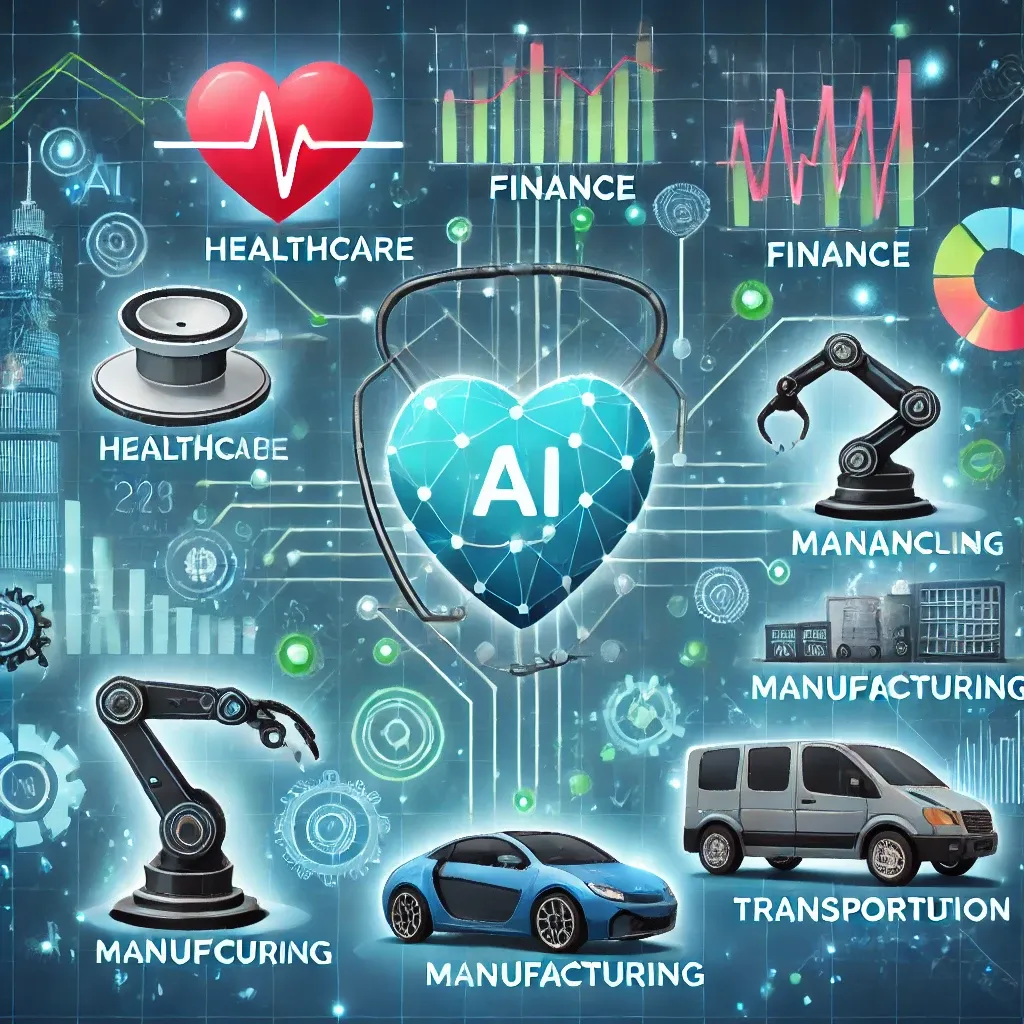
3. How AI is Changing Our Everyday Lives
AI is not just a tool for industries; it's affecting individuals on a daily basis. Smart assistants, like Google Assistant and Amazon Alexa, have become household staples, helping us manage our schedules, control smart home devices, and access information instantly.
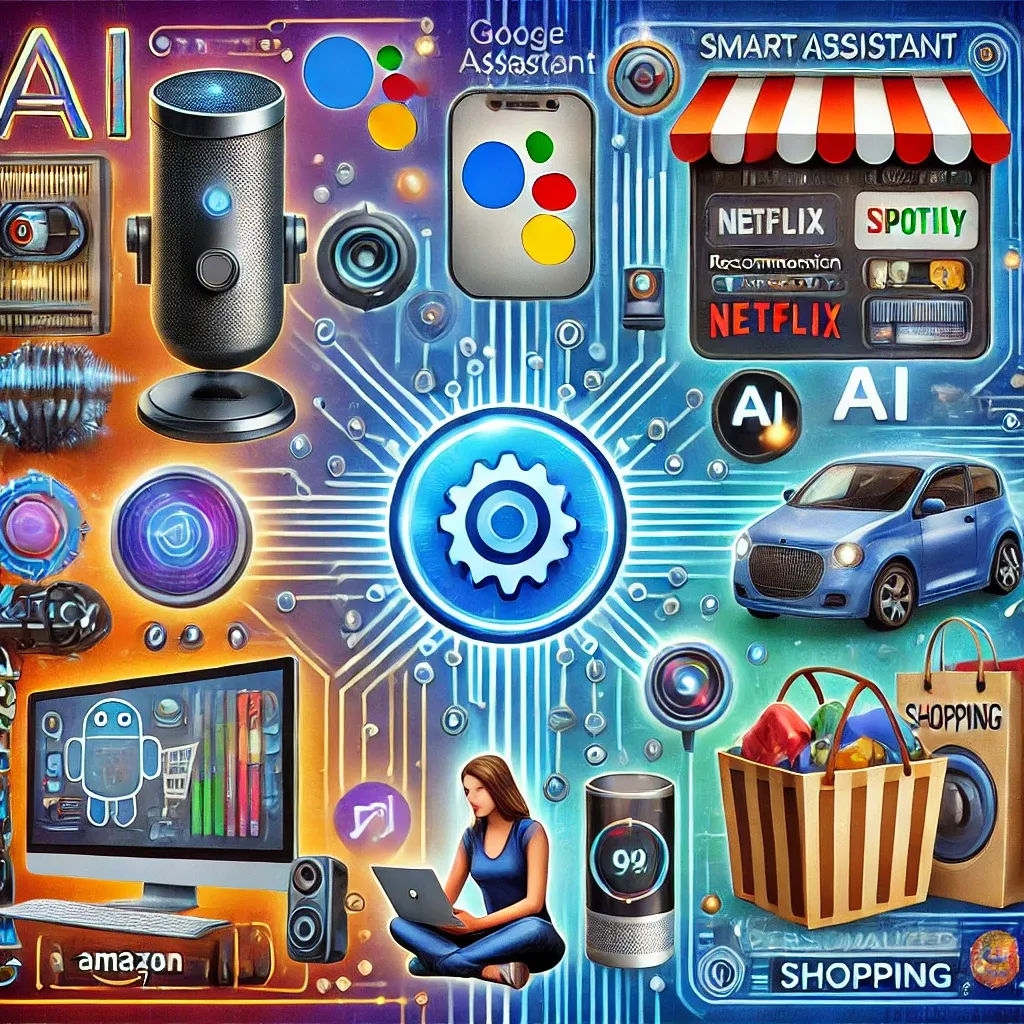
Other examples of AI in everyday life include:
- Recommendation engines: AI powers the recommendations we see on Netflix, YouTube, and Spotify, tailoring content based on our preferences. Want to know more about the algorithms behind these recommendations? Visit our post on AI in Everyday Technology.
- Personalized shopping experiences: E-commerce platforms use AI to suggest products based on browsing and purchase history, making shopping more convenient and efficient.
For a guide on how to start using AI tools, visit Top 5 AI Tools for Beginners.
4. Challenges and Ethical Considerations
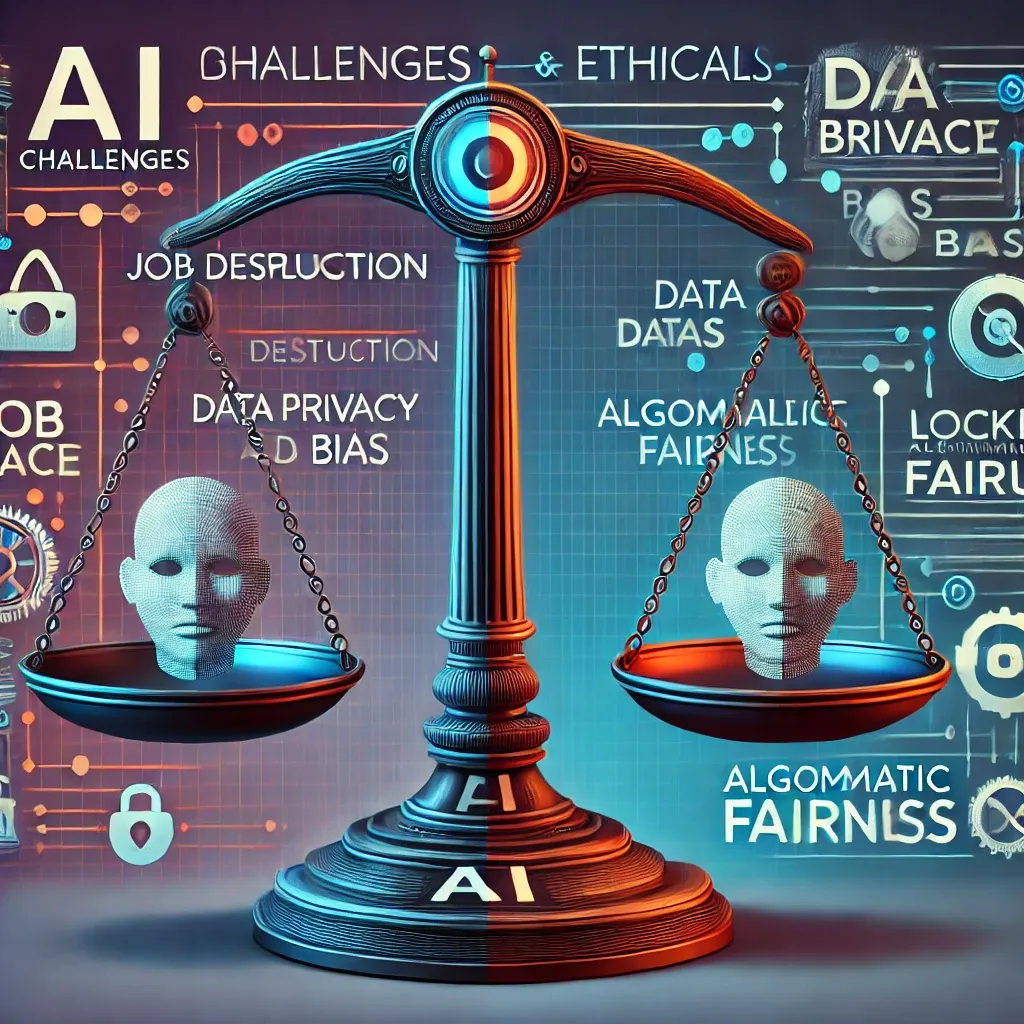
With great power comes great responsibility, and AI is no exception. As AI technologies become more powerful, ethical concerns are rising about their impact on employment, data privacy, and algorithmic bias.
- Job Displacement: AI and automation are expected to replace certain types of jobs, particularly those involving repetitive tasks. While this creates opportunities for new types of employment, it also requires reskilling workers. Explore more about AI’s impact on the workforce in our AI Trends and Advanced Topics Series.
- Bias and Fairness: AI systems can inherit biases present in the data they are trained on, leading to unfair or discriminatory outcomes. Ensuring that AI is fair and unbiased is a key challenge for developers and regulators alike. Read more about AI ethics and fairness on Google AI’s fairness page.
- Data Privacy: With AI relying heavily on data, privacy is a major concern. Users' personal data is often used for training AI models, raising questions about how this data is stored, processed, and protected. Visit our post on AI Ethics and Data Privacy to learn how these issues are being addressed.
5. The Future of AI: Opportunities and Vision
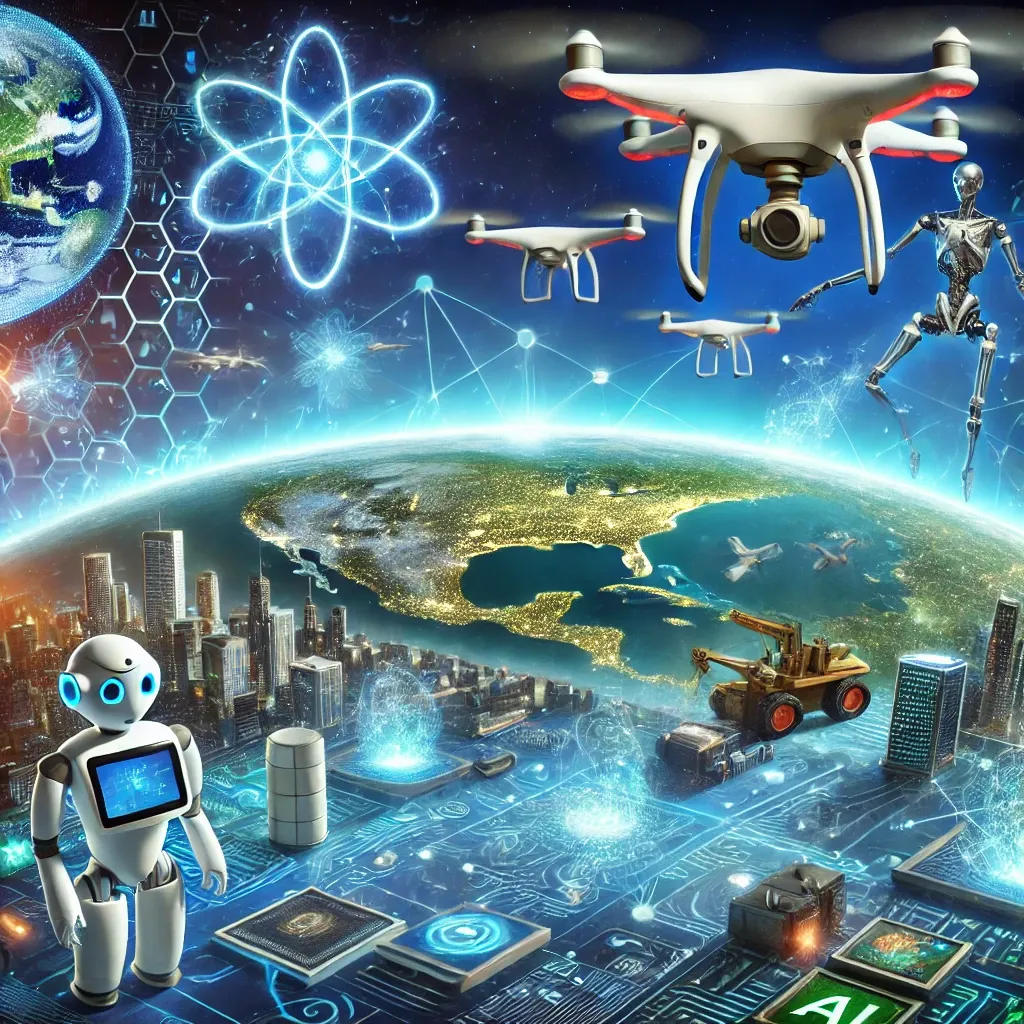
The AI revolution is still in its early stages, with exciting possibilities ahead. AI and quantum computing, for instance, promise to solve problems that were previously intractable. Generative AI is already creating new art, writing articles, and composing music, pushing the boundaries of creativity.
The future of AI holds immense promise:
- AI for Good: AI is being used to tackle climate change, improve healthcare in underserved areas, and support humanitarian efforts. Find out more about these efforts at AI for Earth.
- Autonomous Systems: Beyond vehicles, autonomous drones and robots will become commonplace, taking on tasks that are dangerous or difficult for humans.
However, to harness AI's full potential, we need to create systems that are transparent, ethical, and inclusive. The journey forward must be guided by careful consideration of the impact of these technologies on society and by ensuring that the benefits of AI are accessible to everyone.
For more on future trends, check out our post on Top 10 AI Trends to Watch in 2024.
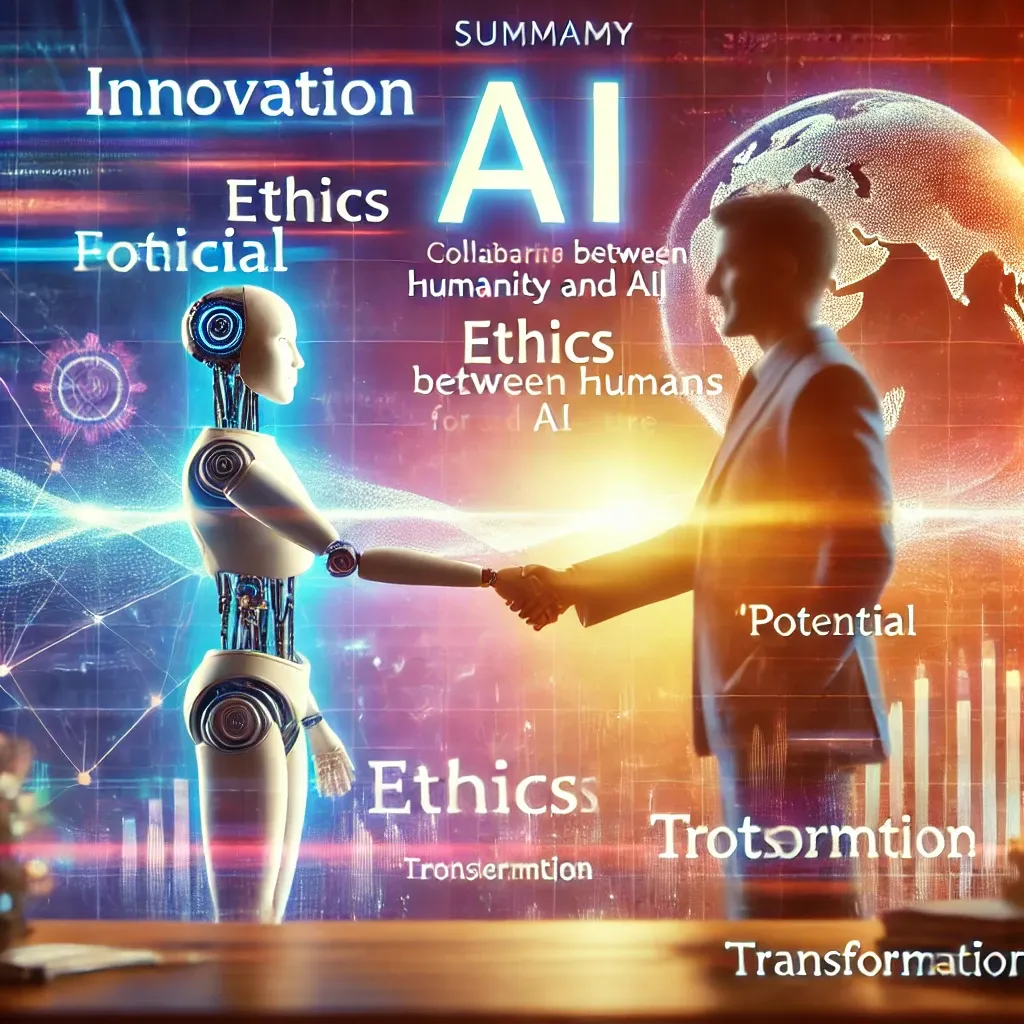
The AI revolution is more than just a trend—it's a profound shift that’s altering the fabric of our world. From improving our quality of life to transforming entire industries, the power of AI is undeniable. However, we must address the challenges it brings, ensuring that AI technologies are developed and used in ways that benefit all of humanity. As we continue navigating this revolution, understanding AI's role will be key to harnessing its potential for the betterment of society.
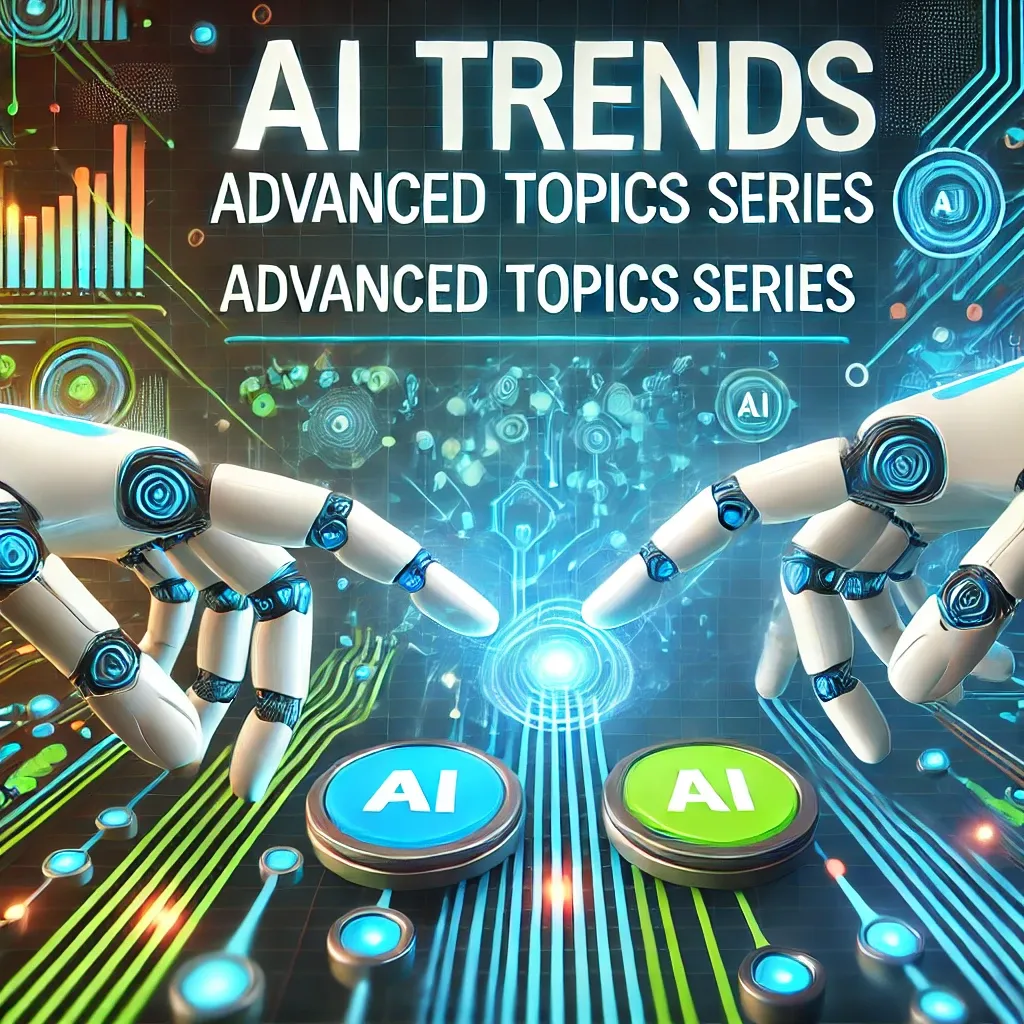
Are you excited about the AI revolution and want to learn more? Dive into our AI Trends and Advanced Topics Series to discover the latest developments shaping the future of artificial intelligence.



